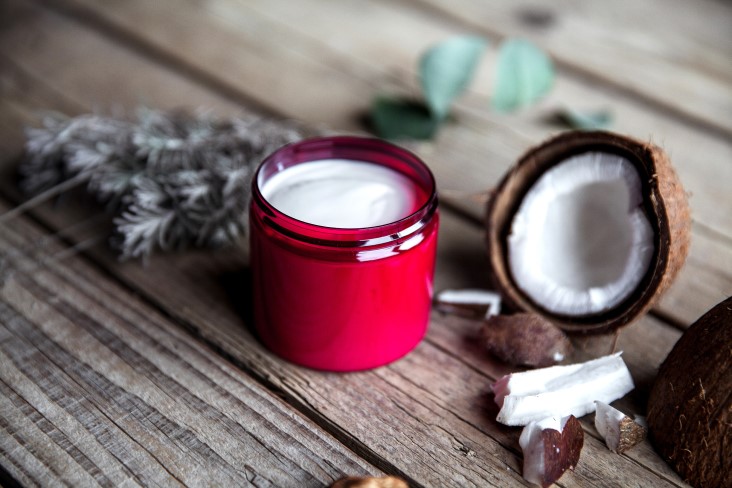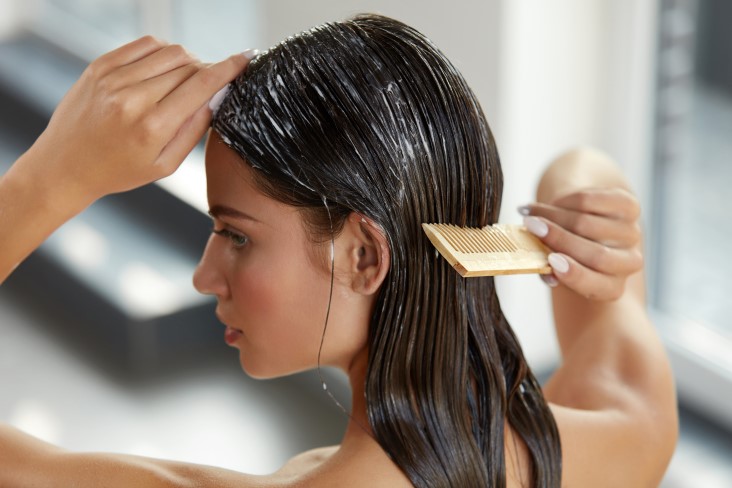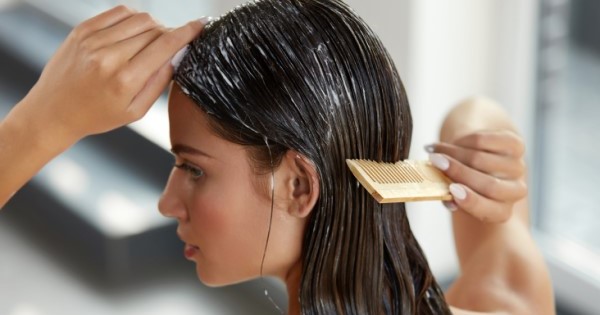
Conditioner is an important part of a healthy hair care routine, but not a lot of people know why. Without knowing why your hair care routine is the way it is, you may end up using the wrong products, or taking on a routine that’s meant for someone with very different hair. The best thing to do is become educated about your hair type and texture, so you can choose the right products.
Should conditioner be part of your routine? Here’s the inside scoop on whether you should be incorporating conditioner.
The Benefits of Conditioner
Conditioner comes with a variety of benefits, despite what some people might tell you. From an expert’s perspective, conditioner helps your hair in a number of ways; it doesn’t just weigh it down.
The first benefit is the ability to fortify your hair’s cuticles. The outside layer of your hair is the most sensitive to damage, and if it’s damaged, you’re more likely to sustain damage to the inside layers of your hair. While conditioner can’t revive hair that’s already fried, it can protect it from future damage. The right hair care routine, especially one that includes conditioner prominently, can help you enliven your hair again.
Second, conditioner makes it substantially easier to comb through your hair. Although this may seem like just a cosmetic difference on the surface, combing and brushing your hair improperly is one of the main reasons that damage occurs in the first place. With conditioner, your hair is easier to detangle, and that means less frizz, breakage, and general damage.
Another benefit of conditioner is that it helps re-moisturize your hair. When you shampoo, it succeeds at removing dirt and excess oils that accumulate on your scalp, but it doesn’t differentiate between excess oil and healthy amounts of oil. That can leave your scalp bare, itchy, and, strangely enough, even oilier than before. Conditioner re-moisturizes the scalp without making it oily, leading to a better clean and better overall scalp health.
The Drawbacks of Conditioner
Drawbacks are generally small in comparison to the benefits.
In a very low number of people with sensitive skin, conditioner, even ones that are fully natural, may cause allergic reactions. This is generally rare, and it’s usually preventable. If you know that you’re prone to allergic reactions with hair care products, talk to your doctor and determine what you’re allergic to before trying a new conditioner.
Conditioner can also cause acne if you use too much and don’t rinse it out properly. Conditioner uses moisturizing oils, and if you accidentally leave it on your skin, it can clog your pores. There’s an easy fix to this one: simply make sure that you’re rinsing the conditioner thoroughly from your body.
Lastly, there’s some truth to the myth that conditioners weigh your hair down. However, it’s usually due to unintentional user error. If you’re using a conditioner that’s highly concentrated, and you use more conditioner than necessary, your hair can turn out looking greasy or flat. This is especially true with fine hair because it usually needs less product than you think it does. Flat hair does still need conditioner, but you should stick to a palm-sized dollop or less. Consider switching to a different conditioner, with different formulas, if you’re still having issues.
Should I Condition My Hair?

No matter who you are, the answer to this question is yes. Coarse hair, fine hair, thick hair, thin hair, curly hair, straight hair: it all needs conditioner. With conditioner, you’ll restore moisture to your hair, making it easy to handle and even easier to maintain.
At the same time, you need to make sure you’re doing it right. Stay away from conditioners that have harmful ingredients that could trigger an allergic reaction, and only use enough to condition your hair. You may be surprised how little conditioner you actually need.
If you’re looking for some guidance on how to most appropriately condition your hair, make an appointment at the closest Ogle School salon. Not only will you get a great hair care experience, but you’ll also get advice that can help you with your own routine at home.



